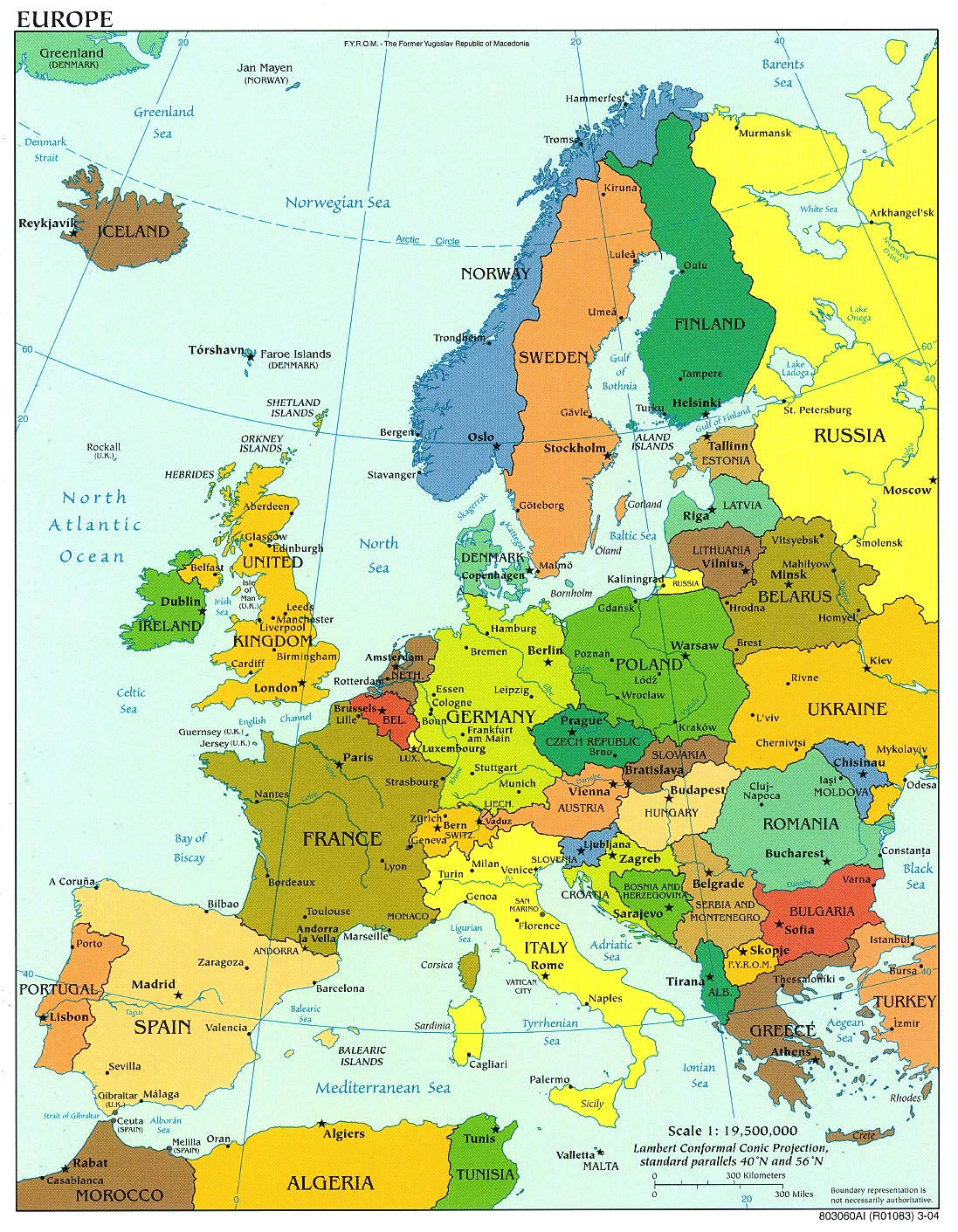BERLIN (AP) — Two leading German ministers reiterated their opposition to issuing jointly guaranteed European government bonds as a means to end the eurozone's crippling debt crisis.
Finance Minister Wolfgang Schaeuble told German news magazine Der Spiegel in its edition dated Monday that so-called eurobonds are out of the question as long as the currency zone's 17 nations still run their own fiscal policy, and that different interest rates for eurozone nations were needed to provide "incentives and the possibility of sanctions to enforce solid financial policy."
Schaeuble acknowledged that the EU must, and will, beef up its response to the crisis to assist the heavily indebted nations, but that "there won't be a collectivization of debt or unlimited assistance."

Chancellor Angela Merkel has long ruled out eurobonds, and Economy Minister Philipp Roesler joined the chorus Monday, describing jointly guaranteed debt as "the wrong way" out of the crisis.
"Eurobonds would mean that everybody shares the same interest burden which would be a punishment for (financially) sound nations," he was quoted as saying by German news agency dapd. "We cannot want this for Germany and for all other good states."
Eurobonds would be a major step toward the bloc's economic integration, and are billed by supporters as an overnight solution to the crisis. Italy, Greece, Belgium and Luxembourg are among the nations calling for eurobonds.

The debate over eurobonds has ratcheted up ahead of Tuesday's meeting in Paris between Merkel and French President Nicolas Sarkozy, though eurobonds are not expected to form part of the discussions.
"Eurobonds won't be an issue at the meeting tomorrow in Paris," Merkel's spokesman Steffen Seibert stressed Monday.
Instead, he said the two leaders will discuss strengthening financial and economic cooperation and governance across the eurozone.
"This is one of the lessons from the euro crisis ... we need a stronger economic cooperation across the eurozone," he added, declining to specify which concrete proposals will be discussed at the meeting.
The principle behind eurobonds is that European countries would guarantee each other's debts, so that investors would see the bonds as super-safe and loan at low interest rates. The hope is that lower borrowing costs would prevent any more financial bailouts.

But Germany as the most creditworthy European country fears it would face higher borrowing costs and more risks if it had to borrow jointly with financially shaky nations.
Eurobonds could drive down the borrowing costs for troubled eurozone countries immediately, but Germany maintains that cheap credit without a powerful European institution overseeing the member states' budget and fiscal policy cannot be a solution.
Skeptics also point out that the current European Union treaty forbids countries from assuming each other's debts, and say it would be difficult to avoid reckless countries borrowing too much on the good credit of the more careful ones.
The European Central Bank last week had to step in and start buying Italian and Spanish government bonds to drive down high interest yields that threatened those countries. The bank is shouldering the burden of fighting the crisis until national parliaments approve new powers for the European Union's bailout so it can buy government bonds or help recapitalize banks if necessary.
The focus in the markets later will be ECB figures indicating how much the bank splashed out last week supporting the bond markets of Italy and Spain.

No comments:
Post a Comment